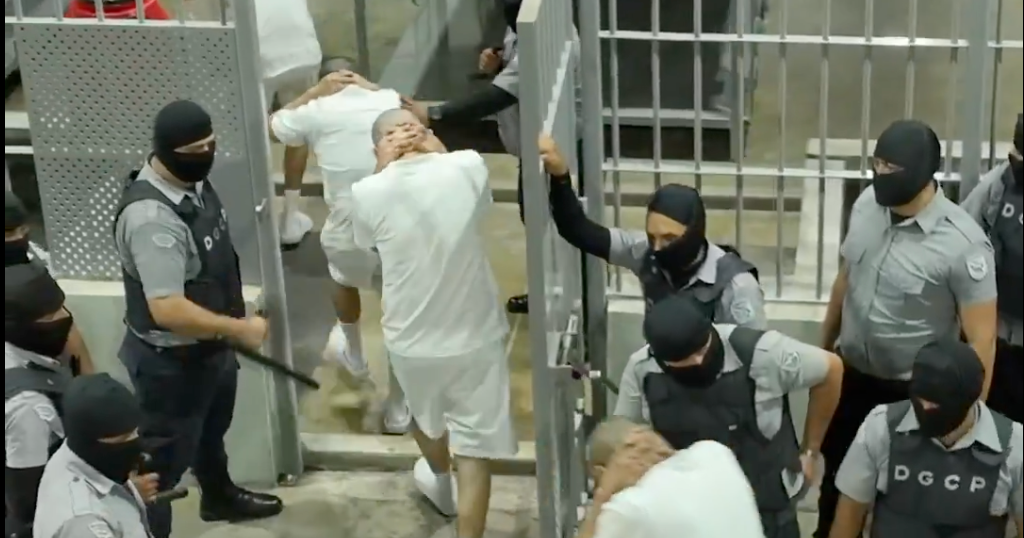Fifty years ago, Bob Hall changed the course of marathon history with a simple letter and a modified hospital wheelchair.
In 1975, the 23-year-old, who had been diagnosed with polio as an infant, asked Boston Marathon race director Will Cloney if he could compete using a wheelchair. Though hesitant about officially registering him, Cloney offered Hall a challenge: finish in under three hours, and he’d receive a certificate.
“I said, I’m all set,” recalls Hall, who completed the course in 2 hours and 58 minutes, becoming the first official wheelchair athlete in Boston Marathon history.
“Oh, I said to myself, I did it,” Hall remembers of crossing the finish line. “It was the beginning of Boston Marathon wheelchair division and throughout the world.”
The makeshift racing chair Hall used bears little resemblance to today’s high-tech equipment.
“I cut off the back real low. I angled the wheels,” Hall says, describing the modifications he made to a standard hospital wheelchair.
That groundbreaking achievement opened doors not just in Boston, but globally. Following Hall’s success, the Boston Marathon established an official wheelchair division, with other marathons worldwide eventually following suit.
Despite the grueling nature of the race, Hall found joy in the experience. “There wasn’t a mile that was easy. But there was a lot of miles that were a lot of fun,” he says. “The crowds. The turns actually, especially at high speeds. Seeing people on street poles and trees, loops. The smell of cigars. The smell of sausages.”
Today, the marathon’s inclusivity has expanded to encompass para-athletes, duo teams, and runners with support guides.
When asked about the courage required to be a pioneer, Hall deflects such characterizations. “Oh, it’s not courage,” he insists. “I’m not a hero. I’m not courageous. I just set out to do what I thought I could do and in the best possible way, knowing how I had to do it.”
Hall’s legacy continues through athletes like 19-year-old Delmace Mayo, who will become one of the youngest wheelchair competitors in Boston Marathon history when he tackles the course for the first time this year.
Born in Haiti with a spinal cord injury, Mayo sees the marathon as his personal challenge, comparing it to motorsports’ most famous endurance test.
“You heard of the Daytona 500? I want to feel how it feels to be stuck in a position for that long,” Mayo explained.
Mayo and Hall recently met, with Hall offering encouragement to the next generation.
“I used to think I had talent, but he has talent,” Hall says of Mayo. “He has youth. He has a goal. And setting his goals that way he’s going to do really well and be impressive.”




